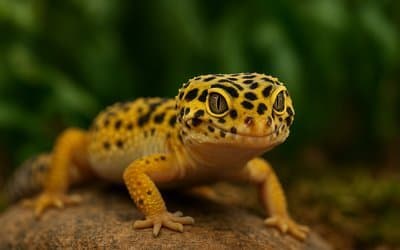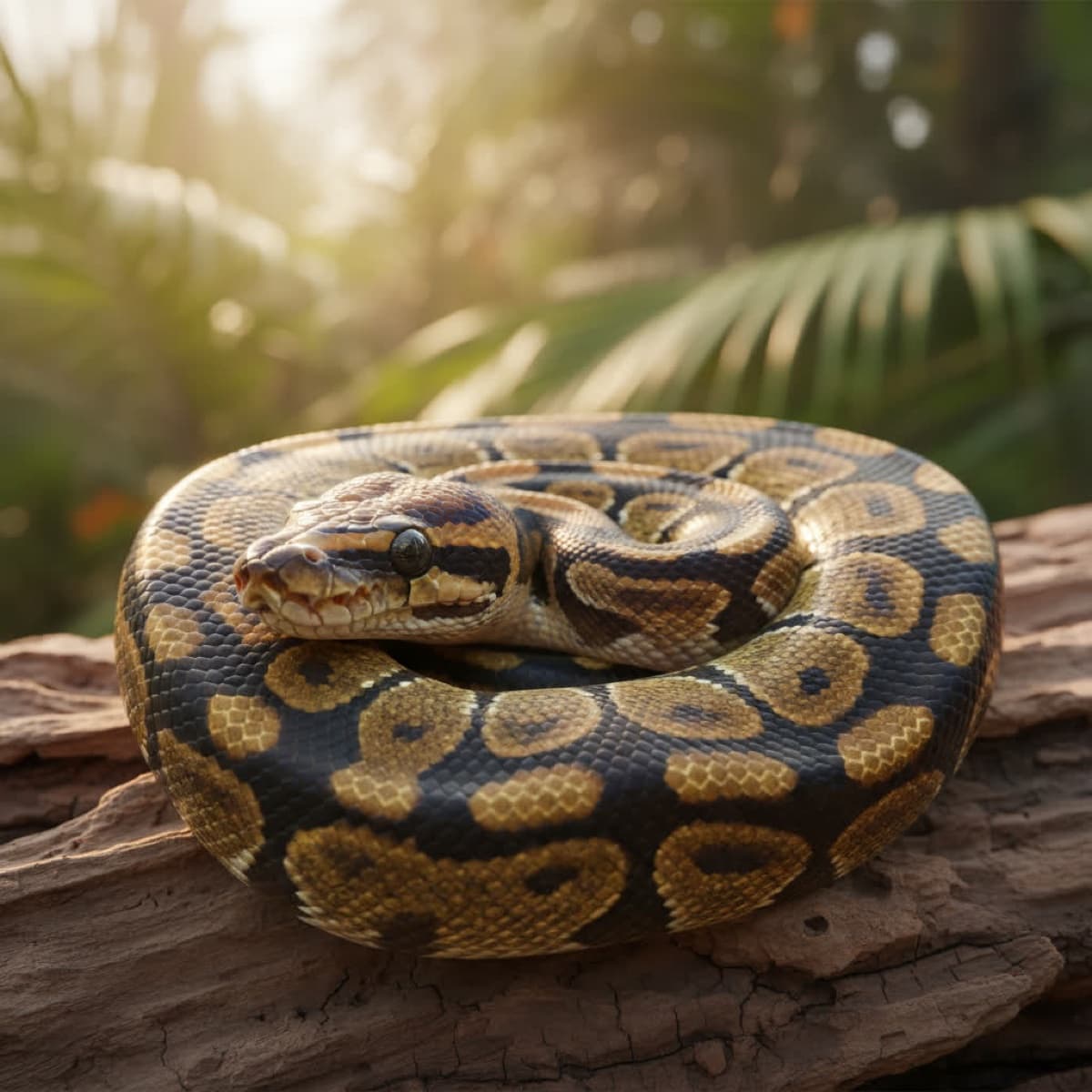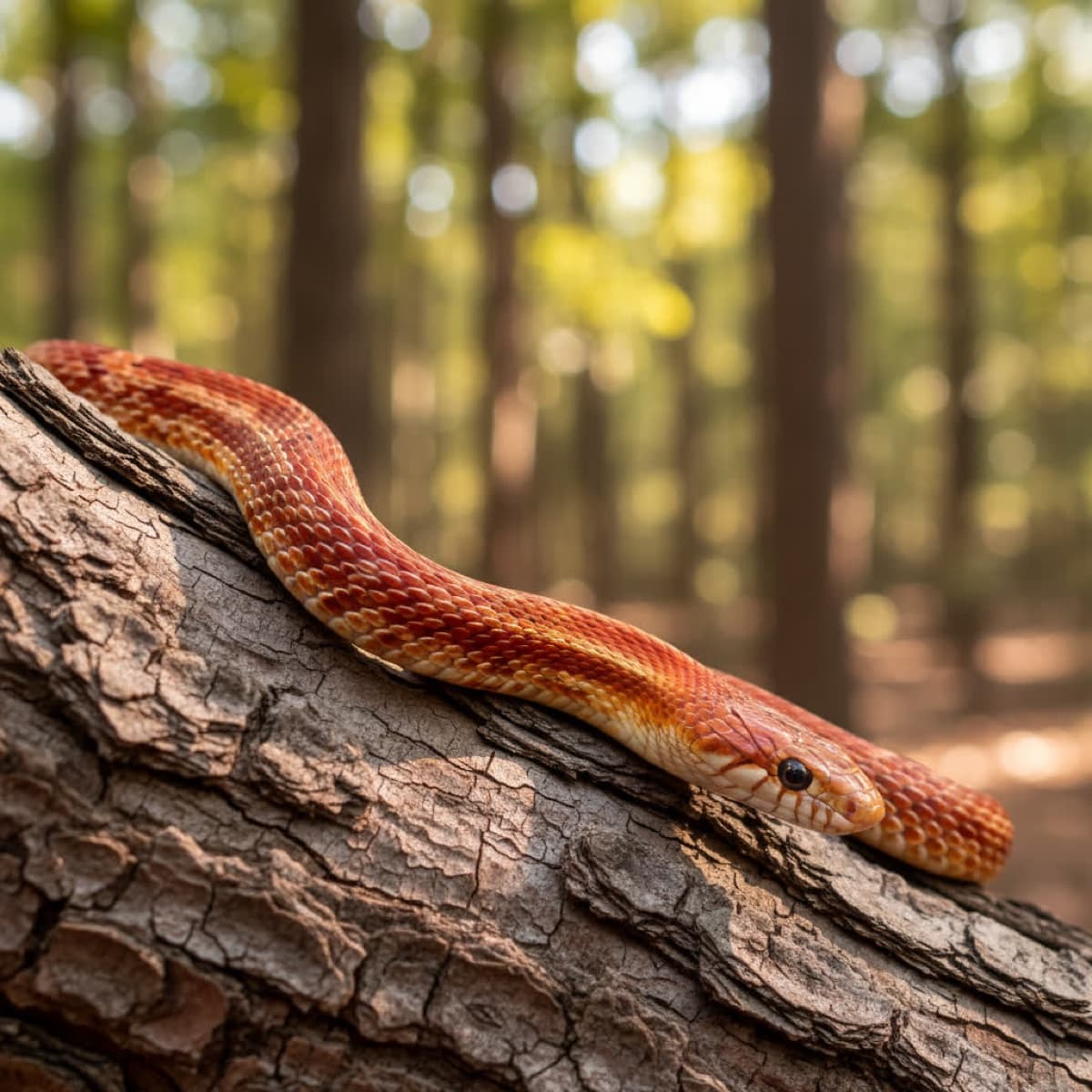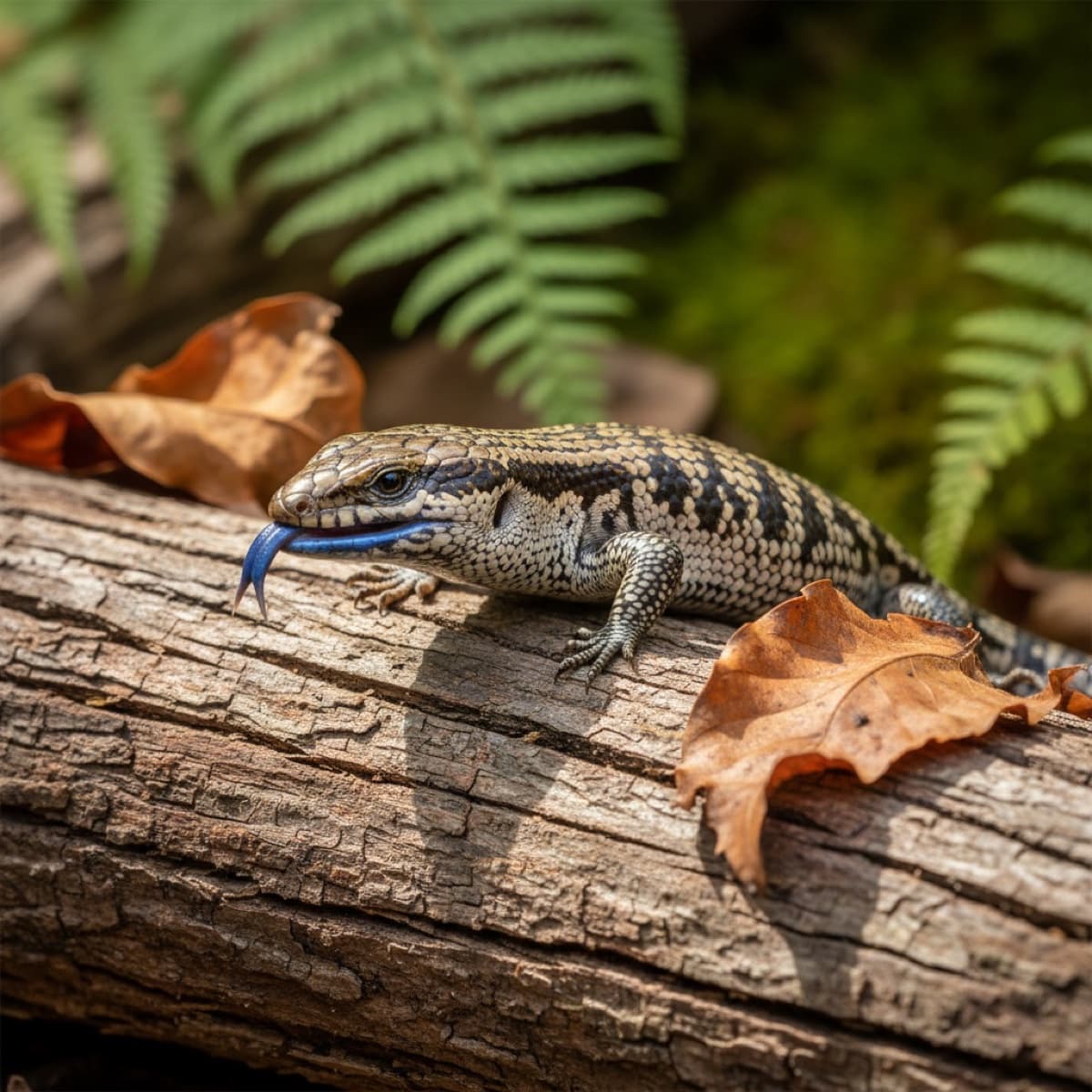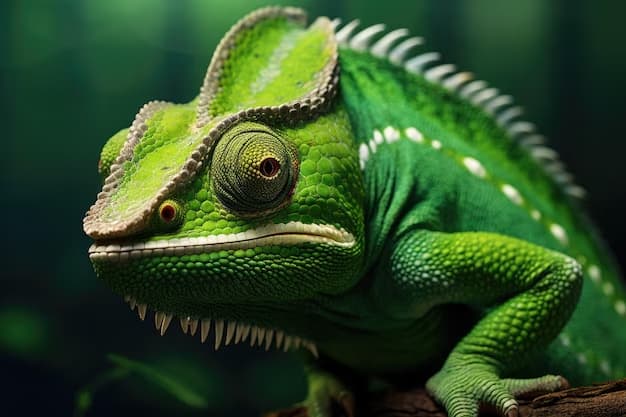
Bearded Dragon
Pogona vitticeps
Calm, curious and interactive reptiles—ideal for first-time keepers in the UK.
Essential Care Requirements
Temperature
Humidity
30-40%
Diet
omnivore
Daily
Space Required
minimum tank: 120x60x60cm (4x2x2ft)
adult tank: 150x75x75cm (5x2.5x2.5ft)
Behavior & Temperament
Temperament
docile
Activity
diurnal
Social Needs
solitary
Personality
calm, curious, interactive
Health Considerations
Common Health Issues:
- •impaction
- •metabolic bone disease
- •parasites
- •respiratory infections
Veterinary Care:
annual checkup recommended
Things to Consider
Advantages
- ✓Excellent for beginners
- ✓Very docile and handleable
- ✓Active and interesting to watch
- ✓Good size - not too large
- ✓Well-established captive breeding
Challenges
- ✗Requires UVB lighting
- ✗Large enclosure needed
- ✗Live food required
- ✗Daily feeding and care

New Keeper?
Get the Exotic Pet Starter Guide — your UK handbook for correct lighting, diet, and care essentials. Make sure you have everything your pet needs to thrive.
UK-Specific Information
Climate
Indoor heating essential
Suppliers
Widely available
Vet Availability
Most exotic vets treat
Legal Status
No restrictions
Based on UK DEFRA and CITES guidelines.
Ready to Care for a Bearded Dragon?
Find a specialised exotic vet near you for professional advice.
Bearded Dragon Care: Common Questions
Everything you need to know about keeping Bearded Dragon in the UK
Yes, bearded dragons are completely legal to keep in the UK and do not require any licence or permit. They are one of the most popular pet reptiles in the UK with excellent vet availability and supplier networks. No restrictions under the Animal Welfare Act 2006, Dangerous Wild Animals Act 1976, or Invasive Alien Species regulations. You can legally buy, sell, breed, and keep bearded dragons without any special permissions.
Adult bearded dragons typically grow to 18-24 inches (45-60cm) in total length, including their tail. Males are usually larger than females. They reach full adult size by 12-18 months of age. Weight ranges from 300-600g when fully grown. You'll need a minimum vivarium size of 120x60x60cm (4x2x2ft), ideally 150x75x75cm (5x2.5x2.5ft) for adults. Juveniles can start in smaller enclosures but will need upgrading as they grow.
Bearded dragons need a temperature gradient in their vivarium: Basking spot: 40-42°C (104-108°F), Warm side: 32-35°C (90-95°F), Cool side: 24-26°C (75-80°F), Night drop: 18-21°C (65-70°F). UK homes are much cooler than Australia (their native habitat), so proper heating equipment is essential year-round. Use multiple thermometers to monitor temperatures at different points. Never guess temperatures—incorrect temps cause serious health issues including metabolic bone disease.
Juveniles: 80% insects (crickets, dubia roaches, locusts), 20% vegetables. Adults: 20% insects, 80% vegetables (collard greens, mustard greens, squash, bell peppers). Feed daily. Dust insects with calcium powder 3-4 times per week. Never feed lettuce (no nutritional value) or spinach (blocks calcium absorption). Suitable insects available from UK reptile shops include crickets, locusts, dubia roaches, and mealworms (occasional treat). Fresh water daily in shallow dish.
Yes, UVB lighting is absolutely essential for bearded dragons. They need UVB to synthesise vitamin D3, which helps them absorb calcium from food. Without proper UVB, bearded dragons develop metabolic bone disease (MBD), a painful and potentially fatal condition. Use a 10-12% UVB tube or mercury vapour bulb, positioned 12-18 inches from the basking spot. Replace UVB bulbs every 6-12 months even if still producing visible light—UVB output decreases over time.
Bearded dragons typically live 10-15 years in captivity with proper care. Some individuals have lived past 20 years. Lifespan depends on diet quality, correct UVB exposure, appropriate temperature management, and regular veterinary checkups. Common causes of premature death include metabolic bone disease (from poor UVB/calcium), impaction (from wrong substrate), and inadequate heating. They require a long-term commitment—plan for at least 10-15 years of care.
